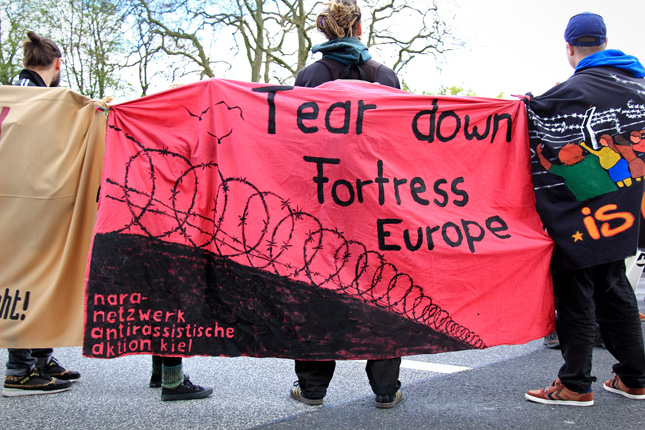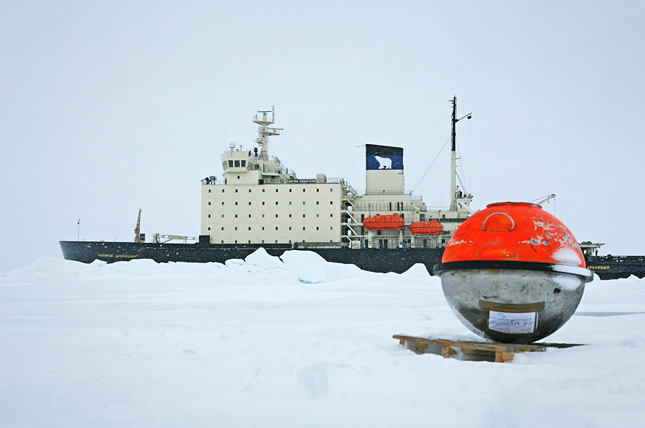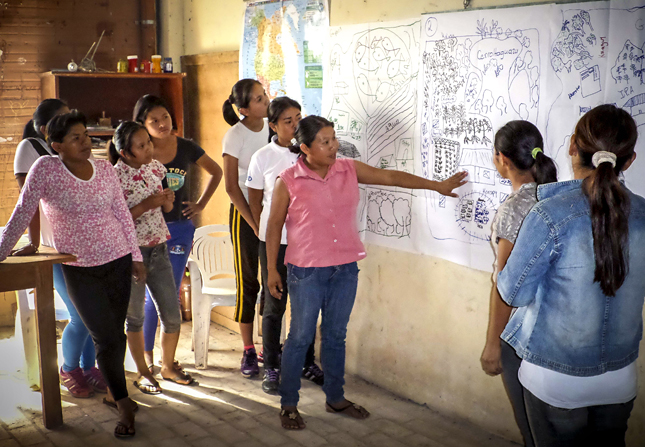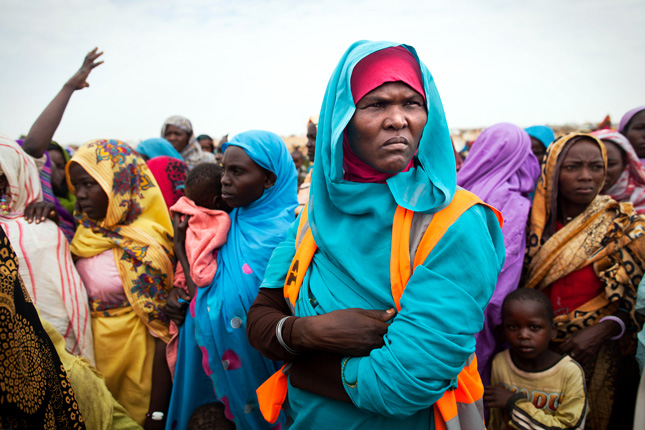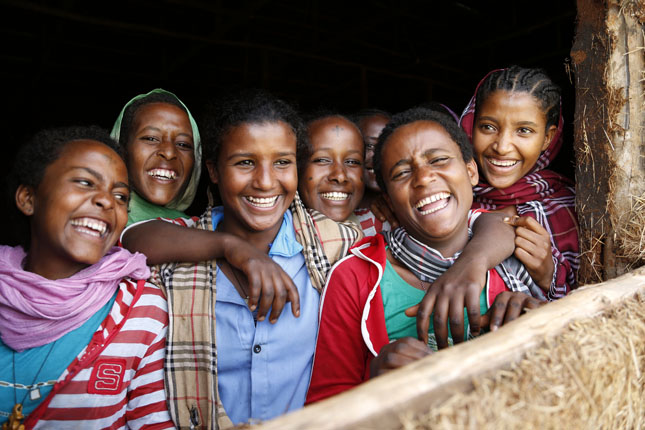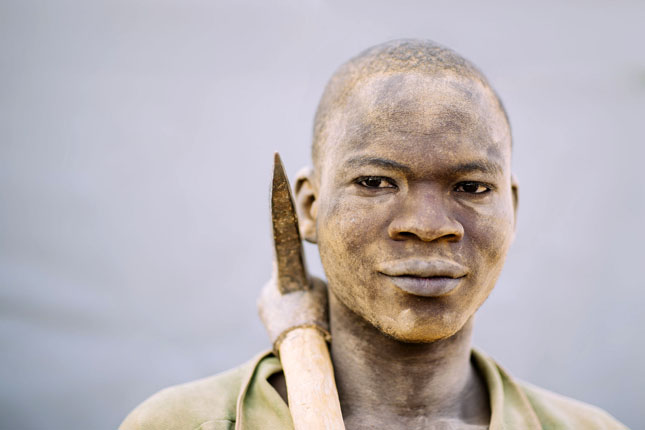-
President Joyce Banda Talks About Her Time in Office & Sensitizing African Leaders to Maternal Health Challenges
›Joyce Banda, Malawi’s first female vice president, became Malawi’s first female president in 2012 after the sudden death of Bungu wa Mutharika in office. From day one, maternal health and girls’ education were a priority in her administration, she tells the Maternal Health Initiative’s Roger-Mark De Souza in an interview at the Wilson Center.
-
Could Climate Change Keep Kids Out of School? Q&A With Environmental Sociologist Heather Randell
›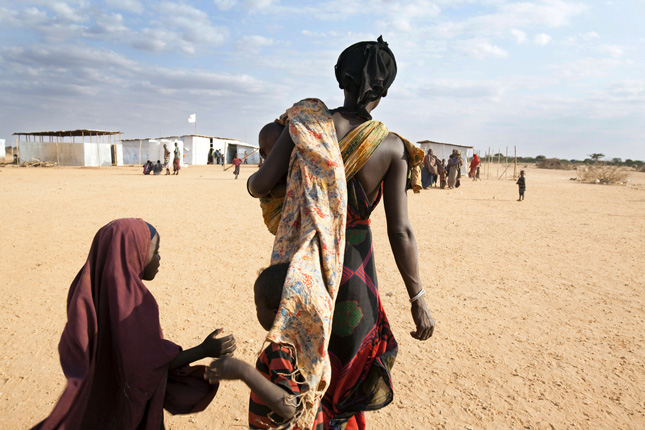
Education is seen as a key tool for building resilience to climate change in the developing world. But new research shows that climate change could also make it harder to keep kids in school and ensure they get the best out of their time in the classroom.
-
Report: Reducing Risks from Rapid Demographic Change
›October 27, 2016 // By Cara Thuringer
The world is undergoing a period of demographic transition which presents both opportunities and challenges for governments. A report by the Atlantic Council’s Mathew Burrows, formerly of the National Intelligence Council, Reducing the Risks from Rapid Demographic Change, examines the changes in population structures across high-, upper-middle-, lower-middle-, and low-income countries.
-
Preparing the Next National Climate Assessment: An Opportunity to Engage
›
In 1990, the U.S. Congress passed the Global Change Research Act “to assist the Nation and the world to understand, assess, predict, and respond to human-induced and natural processes of global change.” Under this mandate, the U.S. Global Change Research Program (USGCRP) was born, an innovative, cross-cutting research initiative that brings together the science arms of 13 federal agencies working on global change issues, including the Departments of Agriculture, Interior, Energy, Defense, the Environmental Protection Agency, the National Oceanic and Atmospheric Administration, and others.
-
Building a Case for Integrated Development: A New Research Agenda and Examples From the Field
›
With the Sustainable Development Goals nearing their one-year anniversary, the global community continues to strive toward eradicating poverty by 2030. In order to achieve this ambitious target, many international development practitioners are embracing a more holistic approach to development, combining traditionally single-sector programming, like health or environment work, into more comprehensive efforts. But such integrated development is sometimes easier said than done.
-
At the Eye of the Storm: Women and Climate Change
›
Struggling to save their failing crops. Walking farther afield to fetch clean water. Protecting their families from devastating storms and violent conflicts. “Women are usually the support systems for our family…we are the last to leave in the event of a catastrophe, which is why women and families are disproportionately hurt by climate catastrophes,” said Wilson Center President, Director, and CEO Jane Harman on June 23 during a conference on women and climate change. [Video Below]
-
History’s Largest Generation Isn’t Getting the Health Care It Needs to Thrive
›
At 1.8 billion strong, the current generation of 10 to 24 year olds is the largest in human history. Approximately 90 percent of these adolescents live in less developed countries. This poses an unprecedented challenge for health systems and social policies which largely struggle to meet the unique needs of young people, according to a new Lancet commission.
-
Africa Has the Demography for Dividends, But Will it Get the Policy Right?
›
In recent years, the demographic dividend has garnered enormous traction in African policy circles, and leaders and policymakers have begun to see it as a strategy for achieving their economic growth targets.
Showing posts from category education.


